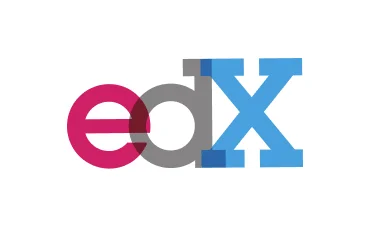When you enroll through our links, we may earn a small commission—at no extra cost to you. This helps keep our platform free and inspires us to add more value.

DartmouthX, IMTx: C Programming: Advanced Data Types
Master effective ways to store your data in the C programming language using advanced data types such as structures and linked lists. Receive instant feedback on your code right within your browser.

This Course Includes
 edx
edx 0 (0 reviews )
0 (0 reviews ) 5 weeks at 4-5 hours per week
5 weeks at 4-5 hours per week english
english Online - Self Paced
Online - Self Paced course
course DartmouthX
DartmouthX
About DartmouthX, IMTx: C Programming: Advanced Data Types
In this course, part of the C Programming with Linux Professional Certificate program, you will define your own data types in C, and use the newly created types to more efficiently store and process your data.
Many programming languages provide a number of built-in data types to store things such as integers, decimals, and characters in variables, but what if you wanted to store more complex data?
Defining your own data types in C allows you to more efficiently store and process data such as a customer's name, age and other relevant data, all in one single variable!
This course will provide a hands-on coding experience in a new browser tool developed for this course that will allow you to receive instant feedback on your code. No need to install anything! You will also gain experience with programming concepts that are foundational to any programming language.
At the end of this short course, you will reach the fifth milestone of the C Programming with Linux Professional Certificate program, unlocking the door to a career in computer engineering.
This course has received financial support from the Patrick & Lina Drahi Foundation.
What You Will Learn?
- Define new data types (structures) to store multiple data items in one variable and create, initialize and modify variables of these new types.
- Find and explain the memory usage of a structure and use pointers to structures and the direct and indirect member selection operators to access members of structures.
- Create linked lists of structures with dynamic memory allocation at runtime.
- Sort or search lined lists of structures.